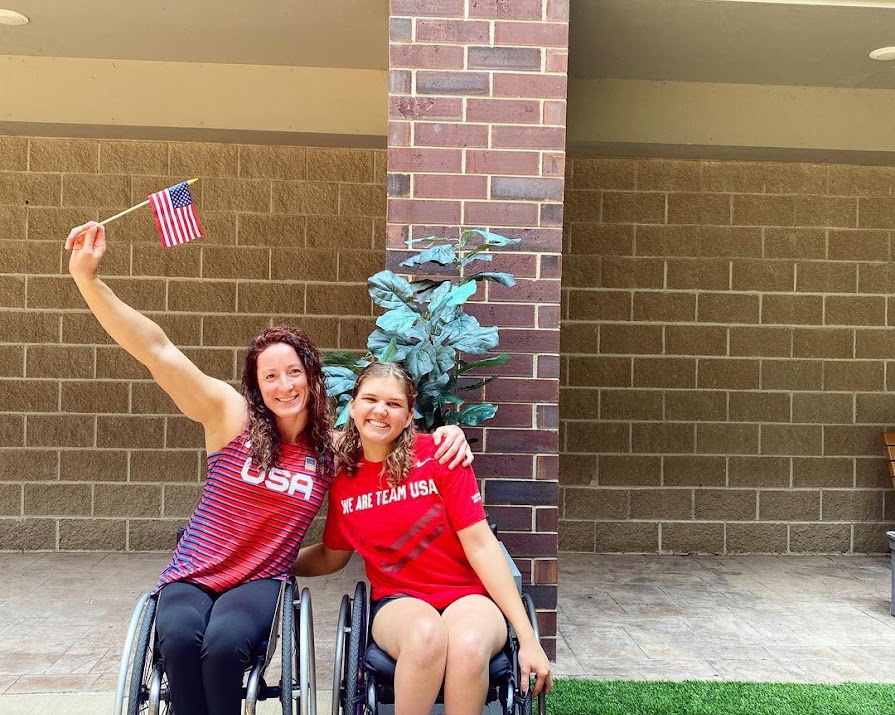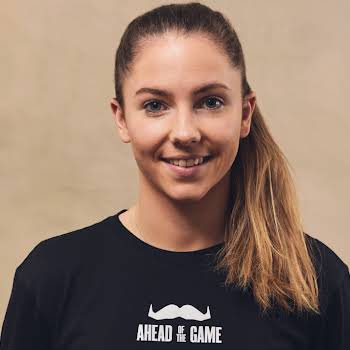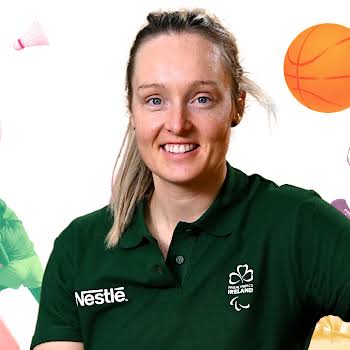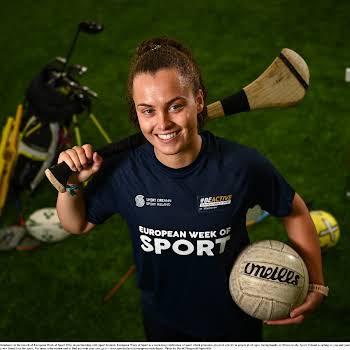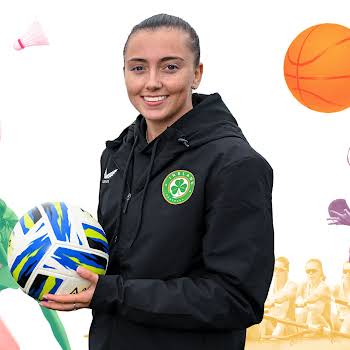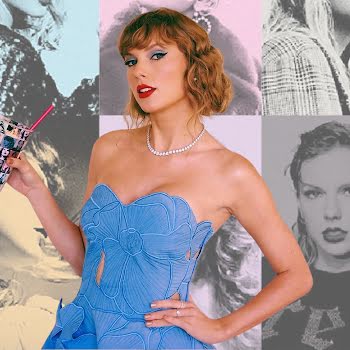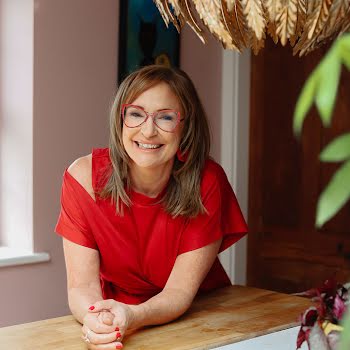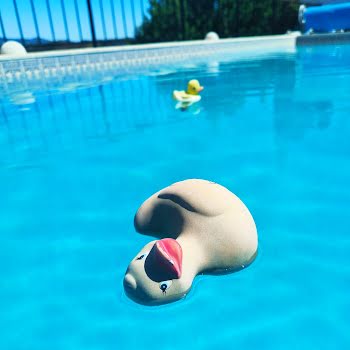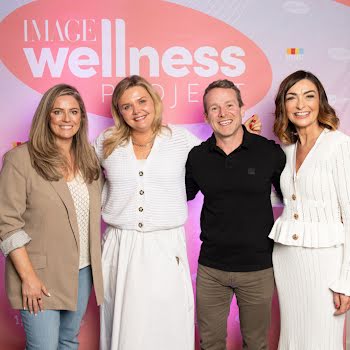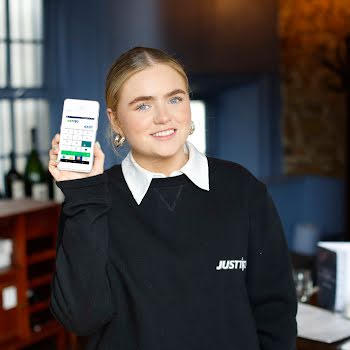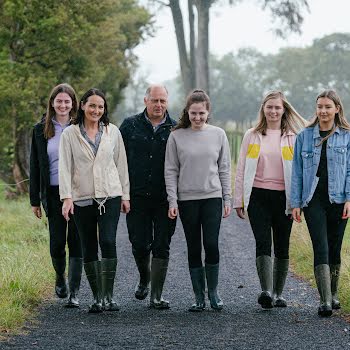US Paralympians to be paid the same as Olympians for the first time ever
By Sarah Finnan
28th Jul 2021
28th Jul 2021
Both US Paralympians and Olympians competing at Tokyo 2020 will get equal prize money pay for the first time ever.
In a huge step forward for the Games, it’s been revealed that American Paralympians will be paid the same amount as their Olympic counterparts at Tokyo 2020 this year.
Money matters
Levelling the playing field and finally giving Paralympians the recognition they deserve, the US Olympic and Paralympic Committee (USOPC) confirmed that all athletes will be awarded the same amount of prize money this year – $37,500 for gold medals, $22,500 for silver and $15,000 for bronze. A 400% increase to the previous Paralympic rates which saw medallists earn $7,500 for gold, $5,250 for silver and $3,750 for bronze. Meagre in comparison, no?
Finally adjusting the prize money to be equal for both parties, the USOC made the decision shortly after the 2018 Winter Olympics. However, while Paralympians who competed at those games in PyeongChang in South Korea were retroactively paid the new higher amounts, this year marks the first year that all athletes will earn the same amount from the very start.
Later becoming the first Olympic Committee to change their name to include the word ‘Paralympic’ in their title, the USOPC released a statement at the time in which they described Paralympians as “an integral part” of their athlete community.
“We need to ensure we’re appropriately rewarding their accomplishments,” USOPC CEO Sarah Hirshland noted back in 2018. “Our financial investment in US Paralympics and athletes we serve is at an all-time high, but this was one area where a discrepancy existed in our funding model that we felt needed to change.”
Funding the journey
Getting an immediate reaction from the Team USA Paralympians, eight-time Paralympic skiing medalist Oksana Masters was amongst one of the first to commend the committee for the momentous move. Sharing an emotional video on social media celebrating the news, she said that the decision would be “absolutely life-changing” – not only for her personally but for so many other Paralympian athletes out there.
As I was reading this tears literally were streaming down my face not only bc of the equal pay for @Paralympics medals to @USParalympics athlete but the value and worth of Para athletes finally viewed equal to @Olympics. This is absolutely LIFE changing @TeamUSA thank you ?? https://t.co/UIj17q1IuO
— Oksana Masters (@OksanaMasters) September 22, 2018
More recently, Russian American wheelchair racer Tatyana McFadden – a 17-time Paralympic medallist – noted that the increased prize money makes her feel “valued” as an athlete. “It makes me feel like we’re just like any other athlete. Just like any Olympian,” she said in an interview with The Lily earlier this month.
Unlike other countries, Team USA doesn’t receive financial support from the government so corporate sponsorships are often the only way athletes can fund their training/journey to the Games. And safe to say it’s an expensive process… particularly for Paralympians. McFadden’s carbon-frame racing chair costs $25,000 alone – a figure that doesn’t take into account her wheels or tires which usually cost upward of $12,000. “Sometimes you can go through six in a week,” the athlete pointed out.
Other Paralympians face similar if not greater expenses. Allysa Seely told The Lily that the gold medal she won back in 2016 easily cost her “hundreds of thousands of dollars”. A prosthetic leg used for sport is expensive, coming in at around $20,000, and unfortunately, that’s not a one-off fee either. Sports prosthetics like Seely’s aren’t covered by insurance and they can need to be replaced as often as every year due to weight gain/loss/general wear and tear… a “big financial barrier to entry into the sport” as Seely put it.
While Team USA offers its athletes cash incentives for medalling, such is not the case in Ireland where athletes are supported by government through their governing bodies. Committing to doubling their investment in sport from €118 million in 2018 to more than €220 million by 2027, officials also recently proposed a new strategy that they hope will help to increase the number of medals won by Irish Olympians and Paralympians in competition.
Controversy, controversy, controversy
However, the news of equal pay – though very welcome – has done little to minimise the USOPC’s blunders so far this year. Embroiled in controversy after Paralympian Becca Meyers withdrew from competition, it emerged that she was essentially forced to do so after being refused permission to bring her carer (who is also her mother!) along with her to Tokyo.
Already having won multiple gold medals when competing in Rio, the swimmer – who is deaf and blind – was denied requests for her mother to accompany her to Japan with the USOPC reportedly claiming that Meyers didn’t need a trusted personal care assistant (PCA) and that one person could fulfil the role for the whole team of 33 other Paralympic swimmers.
Posting a lengthy statement online to express disappointment at not being able to compete, Meyers admitted that she is both angry and sad to not be representing her country.
Heartbroken to share that I’m withdrawing from the Tokyo Paralympic Games. The USOPC has repeatedly denied my reasonable and essential accommodation because of my disability, leaving me no choice. Full statement below: pic.twitter.com/p9tKsbPip2
— Becca Meyers (@becca_meyers) July 20, 2021
“A trusted PCA is essential for me to compete,” she wrote. “So, in 2021, why as a disabled person am I still fighting for my rights? I’m speaking up for future generations of Paralympic athletes in hope that they never have to experience the pain I’ve been through. Enough is enough.”
Feature image via @tatyanamcfaddenusa











